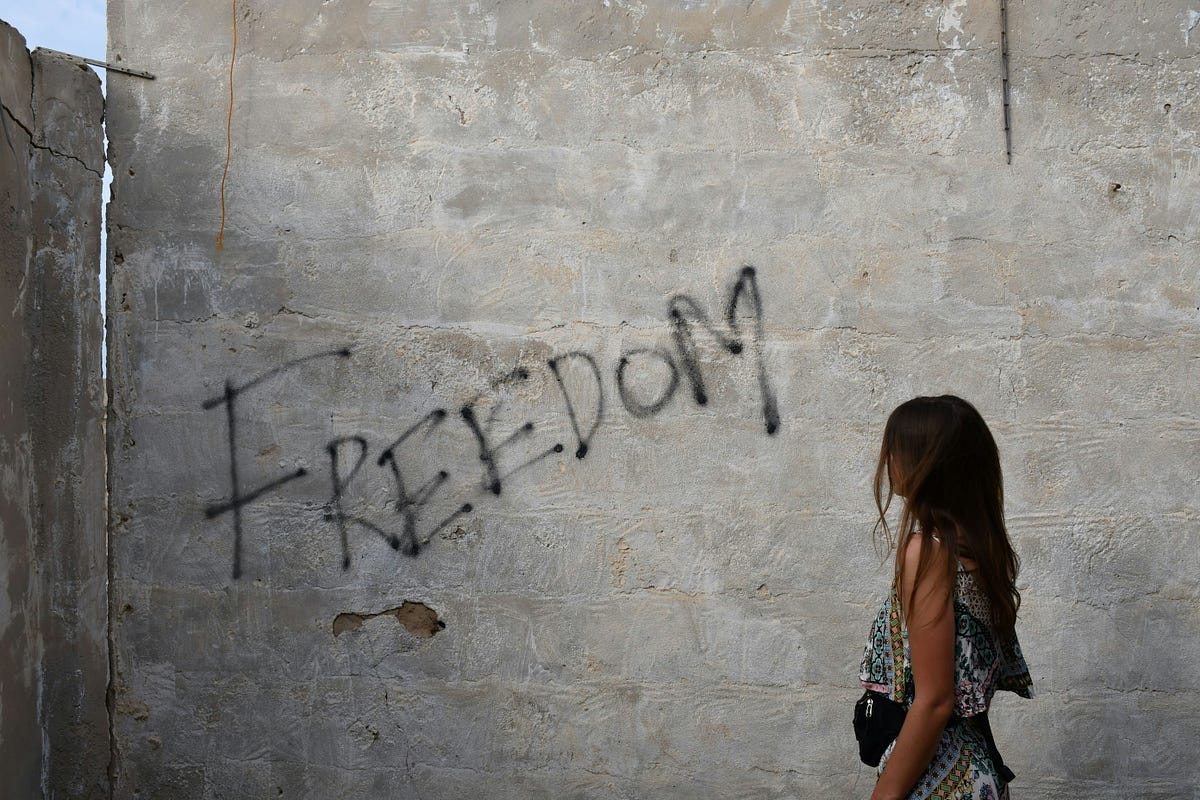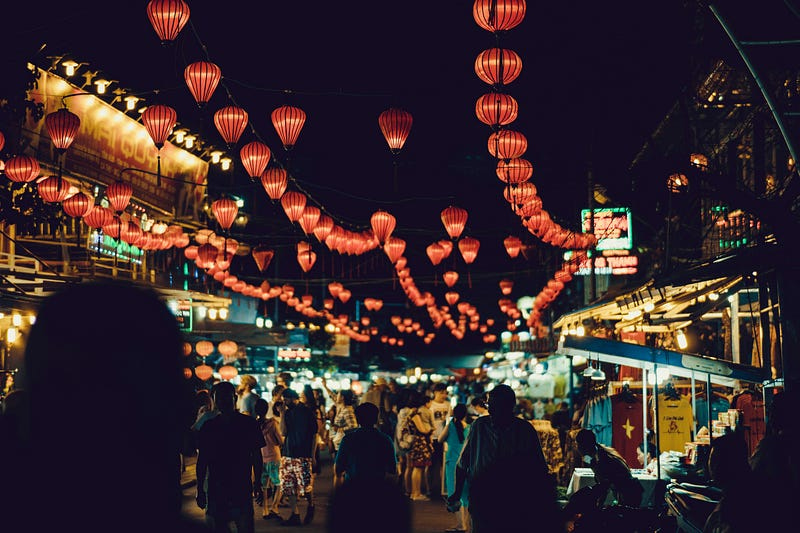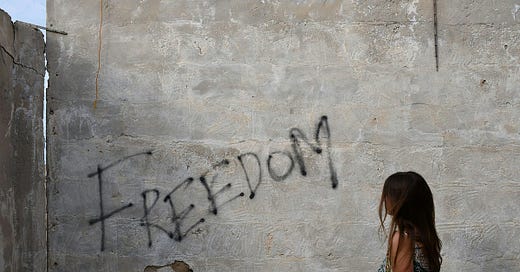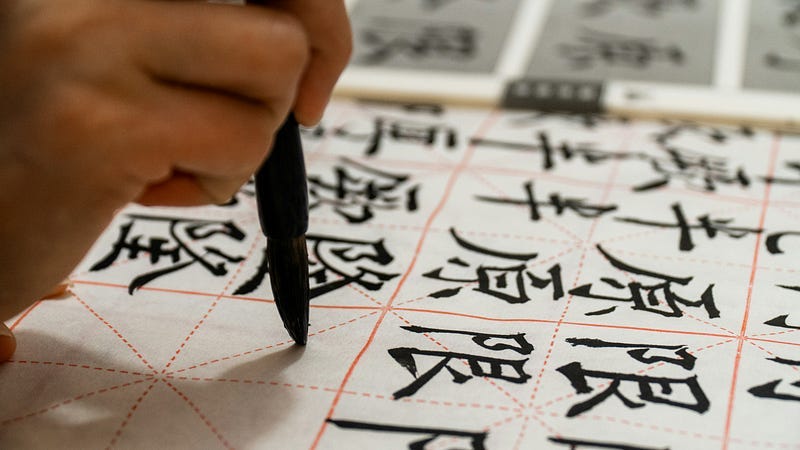How China is Supporting AI & Creative Freedom Better Than the West
Does freedom mean the same thing in different cultures?
Does freedom mean the same thing in different cultures?

You live in the land of the free right? If you live in the West.
But not everyone lives in the West.
Have you wondered if the answer to that question might depend on the kind of culture you’re from?
What I mean is, do you think freedom means the same thing in different cultures?
Put another way, do you believe people from different cultures value different freedoms?

I’ve been reading about some recent legal judgements in China about AI and creative ownership and was shocked at how differently they are dealing with it to the West.
China seems to be supporting creative freedom & AI better than the West.
Makes no sense to you right?
But with a different perspective, I believe it might make sense to you…
AI & copyright: West v China
Let’s have a look at how creative ownership & AI are being dealt with in the West and the East.
West
In the West, the main focus on AI and creative ownership in the legal system seems to be the conflict between artists and the companies that are creating these AI models.
I’ve written about this in Originality on Trial: AI’s Challenge to Creative Ownership.
Originality on Trial: AI’s Challenge to Creative Ownership
Do you feel outraged over AI stealing artist’s work? Or could this be a tragic misunderstanding?pub.towardsai.net
In summary, the main focus in the West seems to be a conflict between the artists who claim generative AI models trained on their work are infringing copyright.
Meanwhile, AI companies in the West and many legal judgements have been saying AI does not infringe the artists copyright.
China
The South China Morning Post recently reported on a landmark case on AI and creative ownership.
Unlike in the West, the focus doesn’t seem to be on artists claiming generative AI is stealing their work or infringing copyright.
Rather, the focus seems to be on something different, if people who use AI to create artwork can claim copyright on the works they make with AI.
In a landmark case, the Judge ruled in favour of people using AI to create work can claim copyright for these AI-created works.
As they report:
In the first judgment of its kind in mainland China, the Beijing Internet Court last November ruled that a picture, generated via the text-to-image software Stable Diffusion, should be considered an artwork under the protection of copyright laws, because of the “originality” and intellectual input of its human creator.
And why this case was brought:
The intellectual property infringement lawsuit was initiated in May last year by the plaintiff surnamed Li, who used the US start-up StabilityAI’s Stable Diffusion program to create an image of a young Asian woman…Li sued a blogger surnamed Liu for allegedly using that image without permission…
What we can see is in the West the fight is over protecting the ownership of human artists of their work, whereas in China the fight has been about protecting the ownership of AI creations.
In both countries, AI-created content is winning.
But in the West human artists are fighting it, in China it seems more about who should own the AI-created content.
Why is China dealing with this differently from the West?
The reason for this I believe is different cultures & values.
We’re at the paywall. If you want to know what AI means for society with my weekly articles & podcast, with expert analysis of key AI developments and their impact, explained in plain english. Join today for monthly or annual subscription. Hope to help you get smarter about what AI means for society.
Keep reading with a 7-day free trial
Subscribe to The FuturAI to keep reading this post and get 7 days of free access to the full post archives.




